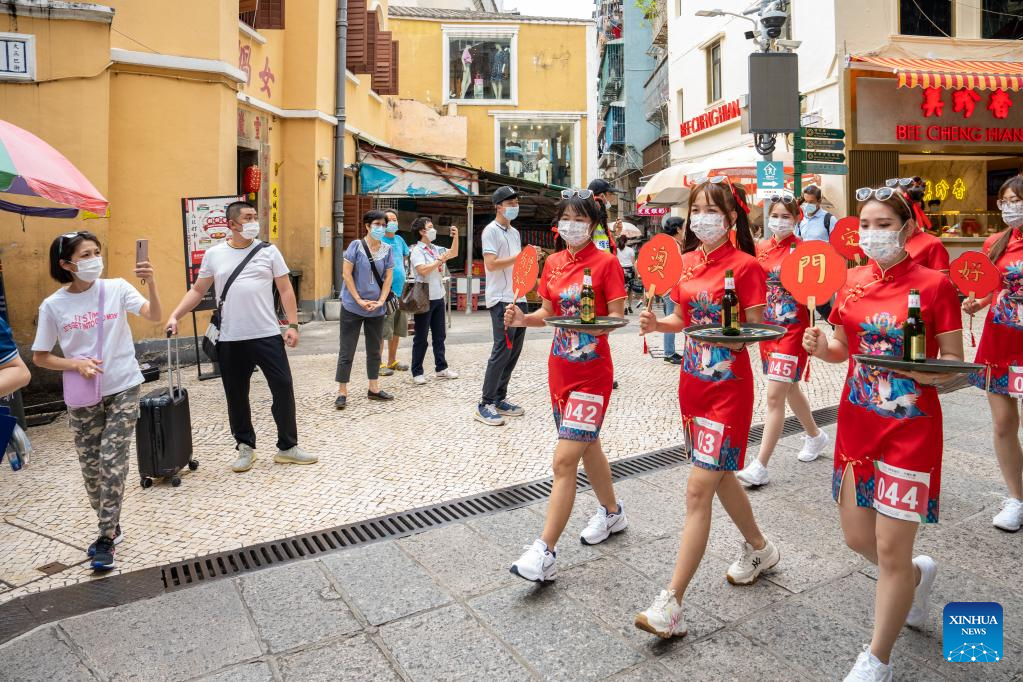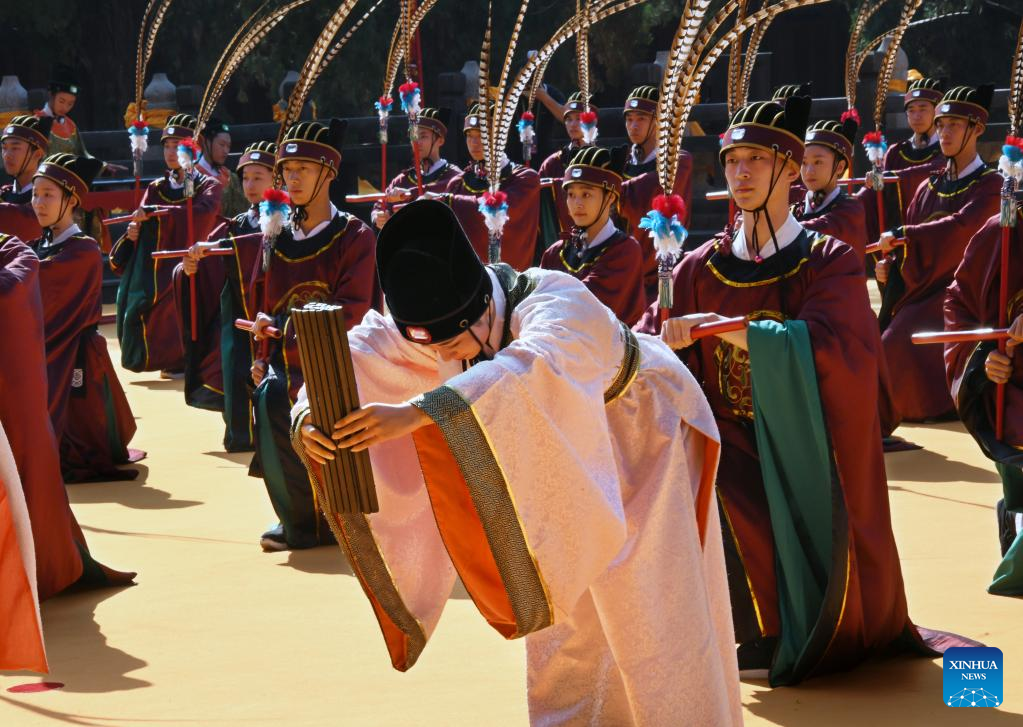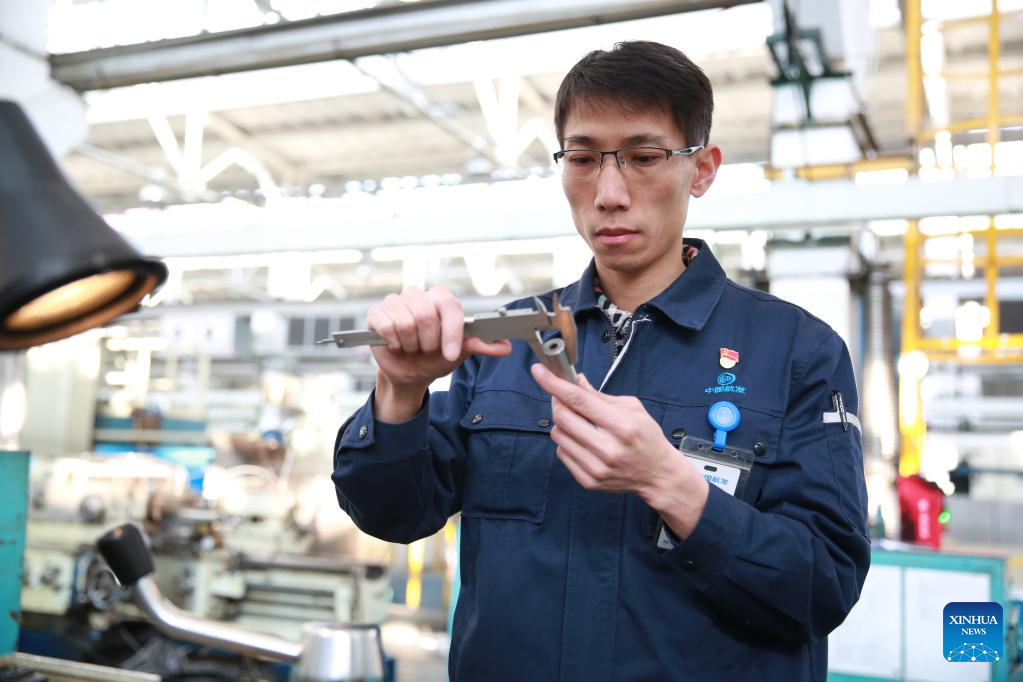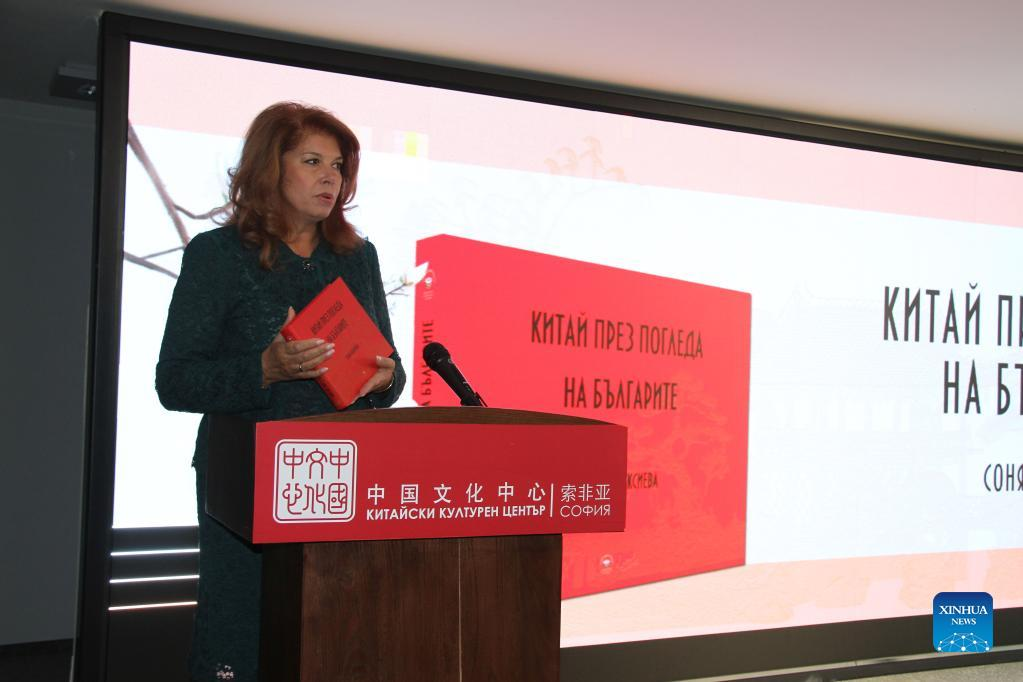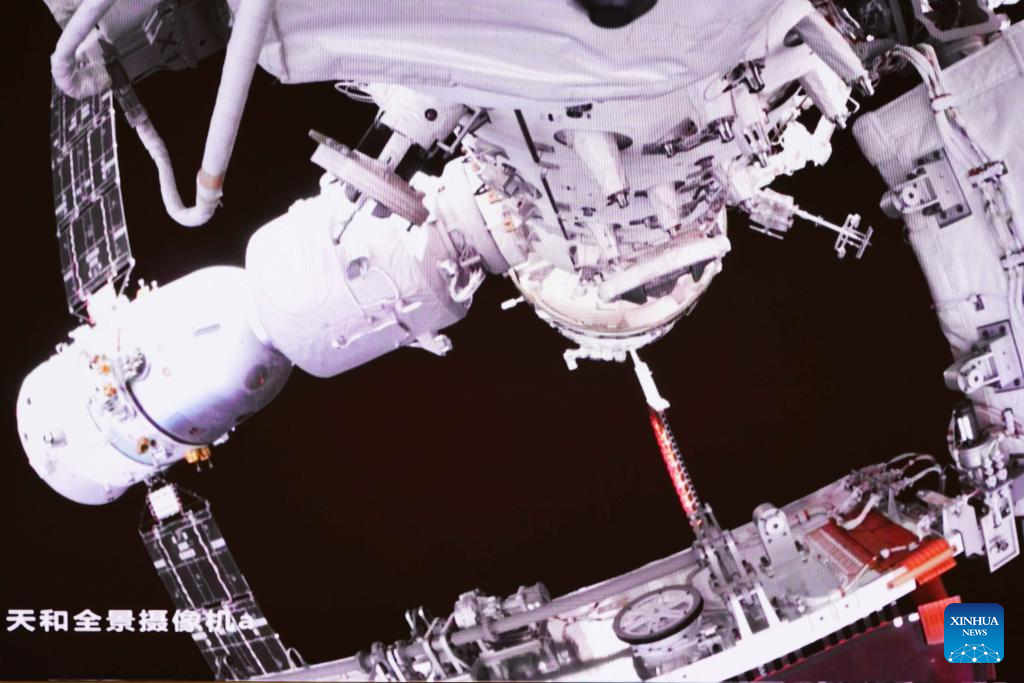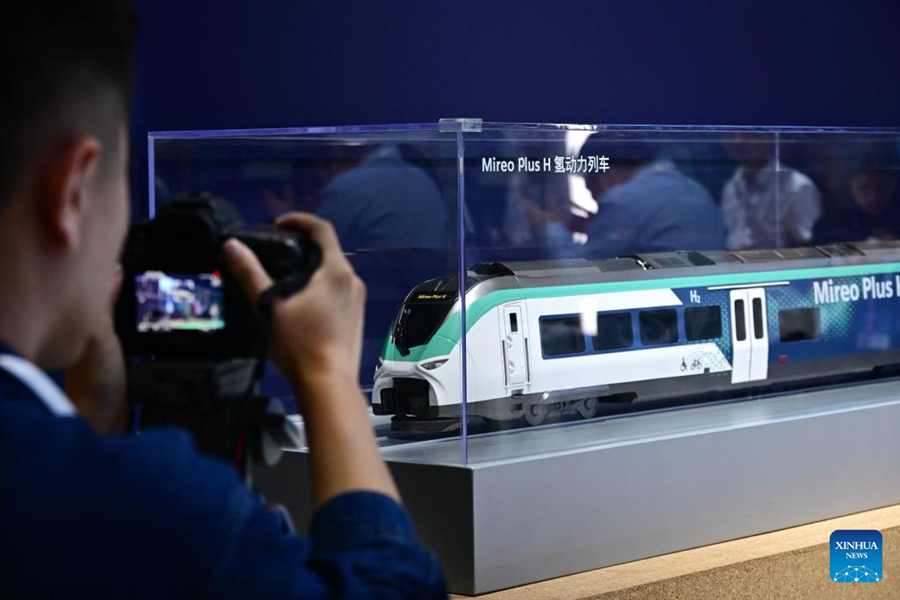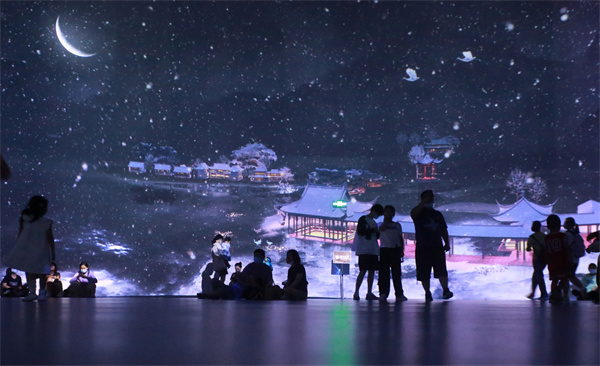
The China Grand Canal Museum (CFP Photo)
Jiangsu has three destinations on the first list of 24 immersive tourism pilot projects recognized by the Ministry of Culture and Tourism.
The three places are the China Grand Canal Museum in Yangzhou City, the Suzhou Bay Digital Art Museum, and Nianhuawan, a town in Lingshan Mountain of Wuxi. Among province-level regions, Jiangsu tied for first place with Shanghai in terms of the number of pilot projects on the list.
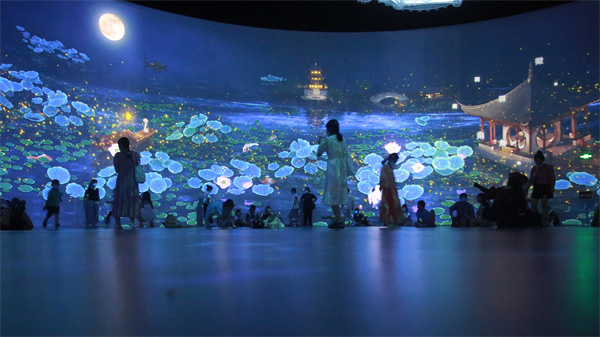
The China Grand Canal Museum provides a marvelous journey to deeply understand the history and culture associated with the ancient waterway system. For example, in the 5G-powered hall, visitors can easily take a virtual tour of 17 cities along the significant transportation artery in ancient China without wearing special goggles.
Zheng Jing, curator of the museum, said the 5G hall has become one of the most popular sites, particularly during the summer school holiday.
At Nianhuawan, visitors wearing mixed reality headsets can enjoy the metaverse immersive experiences. These interactions have attracted many tourists to the venue.
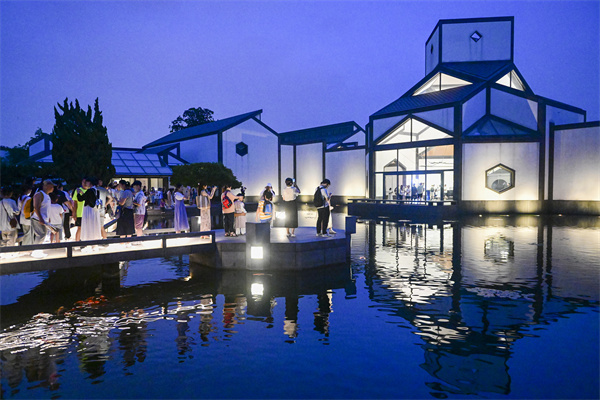
Suzhou Museum
More than the use of dazzling sound and light effects to create an engaging atmosphere, an immersive setting requires deeper cultural connotations to enhance the visiting experience, according to industry insiders. Tourists will not pay just for some fancy technology, and they actually look for emotional and empathetic connections.
For instance, the Slender West Lake scenic area in Yangzhou has featured poems of the Tang Dynasty (618-907) to create unique immersive experiences at nighttime. The scenic area's revenue from such nighttime programs is expected to hit 50 million yuan, surpassing traditional ticket sales, according to staff members.
Lyu Yonggang, deputy director of the Institute of Economic Research at the Jiangsu Provincial Academy of Social Sciences, emphasized that immersive experience should respect the laws of consumption and the market, requiring well-crafted products and quality services. He also noted that government departments should strengthen standardization and guidance to promote healthy development of immersive tourism experiences for consumers.

